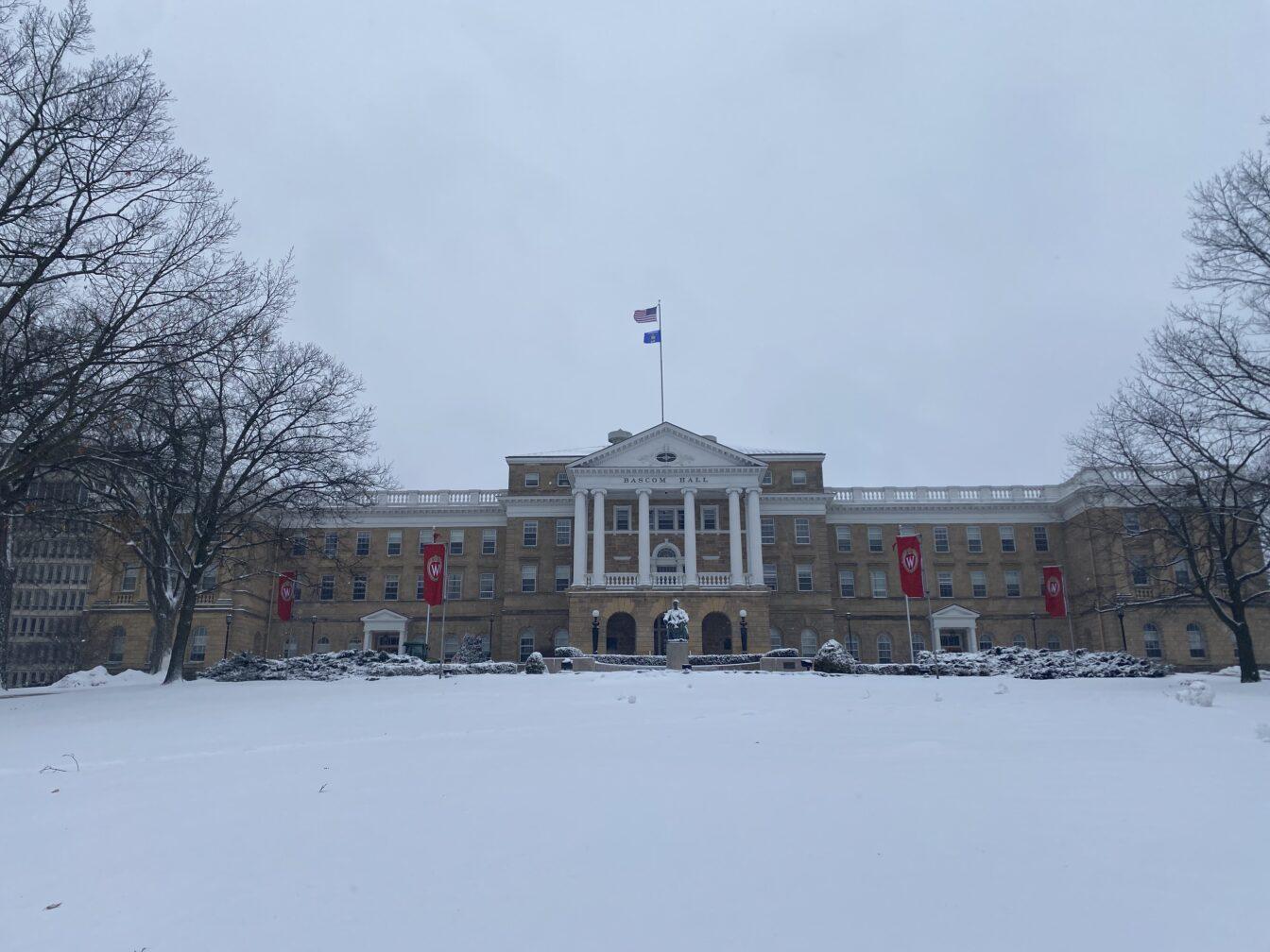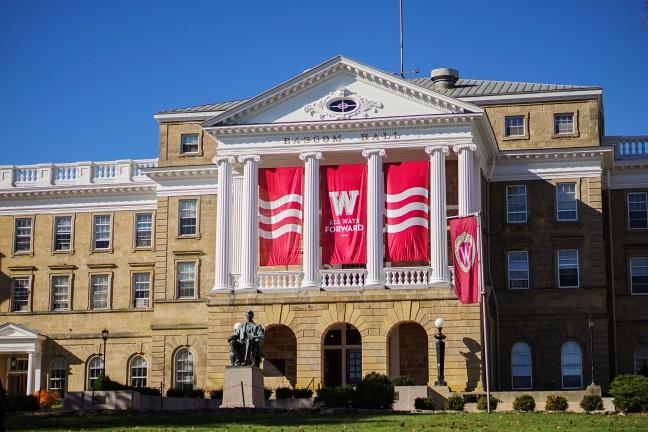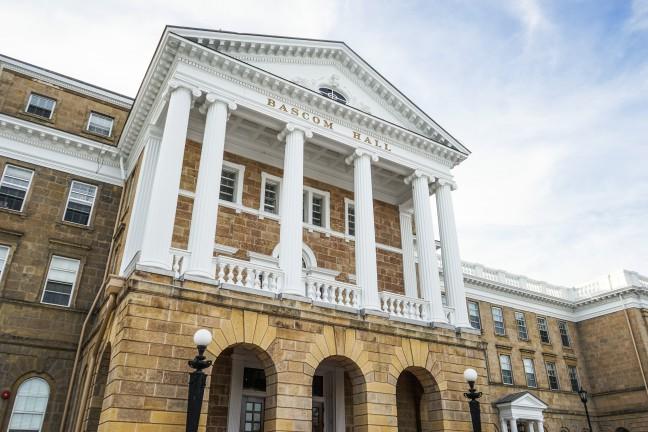The Badger Herald Editorial Board deemed these stories important to watch for during the fall 2021 semester.
UW welcomes students back to campus
The story —
Wednesday, Sept. 8, UW-Madison students headed to what were some of their first in-person classes since March 2020. Campus was filled with Badgers bustling to and from packed lecture halls and classrooms — a culmination of a high campus vaccination rate, new testing protocols and an indoor mask mandate.
But the return to campus is strange even for second-years and upperclassmen. UW has recently promoted its Wisconsin Welcome Back campaign, targeted towards sophomores who experienced a COVID-19-adjusted year and are unfamiliar with long held Wisconsin traditions, from game days to trekking across campus in under fifteen minutes.
This year also marks the biggest freshman class, following the record-breaking classes of 2022 and 2023. High enrollment has also led to increased demand for on-campus housing, with many doubles converted to triples, dens converted into housing and the Lowell Center now home to select freshmen.
What to watch for —
Though this semester certainly feels more “normal” than those preceding it, it will be interesting to track how vaccination rates hold up against the threat of the COVID-19 variants and how adjustments made during the pandemic last through the semester. With this new normal comes a return to the lack of accommodations made before the pandemic, and as the days of pass/fail options fade away, all students — not just freshmen and sophomores — will have to relearn old routines, even as the pandemic shows no signs of slowing.
Political fight between UW and Wisconsin leaders continues
The story —
This summer, a Republican-controlled rules committee voted to require UW-Madison submit any new COVID-19 policies to the state Legislature for approval. The efforts were led by State Sen. Steve Nass, who co-chairs the committee.
But, UW System President Tommy Thompson pushed back on this rule, arguing that politicians don’t have control over campus health measures despite the recent order. UW followed Thompson’s lead when they implemented a campus-wide indoor mask mandate Aug. 5 as the delta variant spread nationwide.
UW also has a mandatory COVID-19 testing requirement for on-campus students who aren’t vaccinated, and quarantine rules for those that test positive for the virus. Sen. Nass has asked GOP leaders like Assembly Speaker Robin Vos and Senate Majority Leader Devin LeMahieu to sue UW for their recent defiance of the rules committee order.
What to watch for —
This fight between Wisconsin politicians and UW reflects a higher influence of state politics on campus. Although UW has been able to successfully resist attempts by GOP leaders to determine their COVID-19 policies, that could change. Students should monitor if politicians actually sue UW over their safety measures especially as COVID-19 inevitably spikes early in the semester. This situation will also set a precedent for future battles between state universities and government leaders over other politicized campus policies.
City of Madison Common Council Redistricting
The story —
The Madison City Council is currently in the process of redrawing districts. With the Census’ recent release, districts will be adjusted based on population changes that have occurred over the last 10 years to ensure the population size each alder represents is equal. The districts have not been redrawn since 2011, and the new maps will shape representation in the city council for the next decade to come.
With the city of Madison also absorbing the Town of Madison in 2022, the redistricting will tack on new areas to the maps and result in the shuffling of other districts, adding another complication to the process.
The council has formed a Redistricting Committee to handle redrawing the maps. Three residents and four alders sit on the council. The next Redistricting Committee meeting is on Sept. 15, and a final decision on a new map will be made later this fall.
What to watch for —
Some of the redistricting concepts currently proposed would split up District 8, which comprises mostly undergraduate students. Several of the concepts currently up for debate would result in the loss of the Spring Street area from the district, where many sophomores, juniors and seniors reside in off-campus housing. In some of the proposals, the district would gain the Eagle Heights area, which is made up of more graduate students, young professionals and starter families.
Students should remain mindful of what redistricting could mean for their representation in important city council decisions and exercise their ability to participate in public comment sessions on the redistricting process.
With over 30,000 undergraduates at UW, we make up a large part of the city, and having a unified student voice at the city-level has been key in many decisions in recent years to best represent the student body. The outcome of redistricting will affect the voices of students who are currently enrolled and generations of other students who have yet to set foot on campus.
Bus Rapid Transit on State Street
The story —

This summer, Mayor Satya Rhodes-Conway announced an initiative to construct additional Bus Rapid Transit routes and stops along State Street and Capitol Square by 2024.
But, the plans drew the ire of local business advocacy groups, such as Downtown Madison Inc. In mid-July, DMI released a statement which expressed support for public transportation, but decried the placement of new routes. Groups such as DMI fear increased vehicle traffic in the heart of downtown Madison will interfere with the business practices of local store owners.
Rhodes-Conway insisted the $80 million project will expand equitable access to Madison’s bustling business district and said she will weigh the concerns of business owners during the construction process.
What to watch for —
The ongoing debate about additional BRT routes highlights both Rhodes-Conway’s priorities and the relatively united belief in Madison that public transportation is a worthwhile investment.
For now, business leaders have said they stand firmly behind expanding BRT, but oppose the current proposal. It is worth watching to see if their tone or demands change as the project continues to move forward. Rhodes-Conway made expanding transportation a priority of her administration. Like any politician, it is safe to assume she believes that the agenda she implements will help her in a reelection campaign. How will this project hurt her poll numbers heading into 2022?
National fight over abortion restrictions
The story —

After Texas famously passed its six-week abortion ban, many people turned to look at their own states. In Wisconsin, current Gov. Tony Evers has shown support for abortion rights repeatedly — vetoing multiple pieces of legislation limiting abortion rights under his tenure and tweeting that he “will always trust women to make decisions about their bodies and their health” following the Supreme Court’s decision to allow the Texan law to stand.
Evers is up for re-election in 2022 and Republican opponent Rebecca Kleefisch already said she’d sign a Texan-era fetal heartbeat bill, should she make it into office. Kleefisch is the former lieutenant governor under Walker, who Evers defeated in 2018.
What to watch for —
Should Evers lose his upcoming election, passage of stricter abortion laws is almost certain and as abortion continues to be a highly politically polarizing issue, both candidates may speak on the topic repeatedly.
The Badger Herald Editorial Board serves to represent the voice of the editorial department, distinct from the newsroom and does not necessarily reflect the views of each staff member.


















